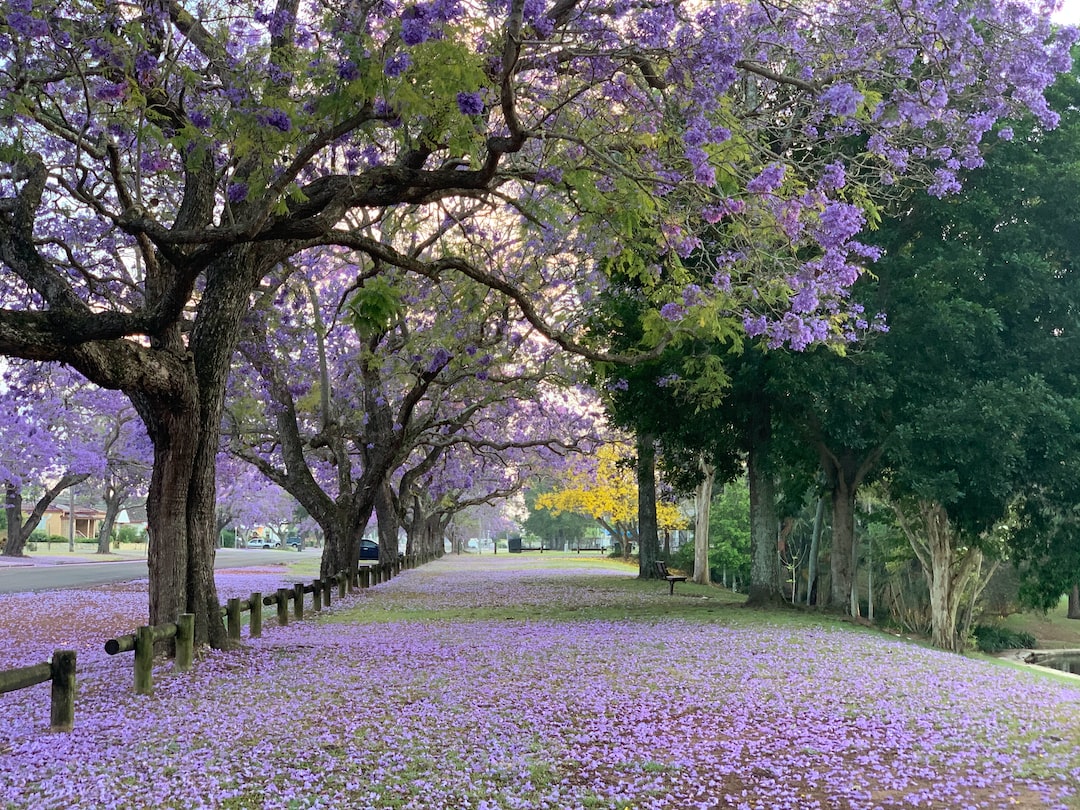Gardening with Native Plants: Supporting Local Ecosystems
Gardening has always been a popular pastime, with many individuals finding joy and solace in creating beautiful outdoor spaces. However, as we become increasingly aware of the impact humans have on the environment, it’s crucial to consider how our gardening practices can support and preserve local ecosystems. One way to achieve this is by incorporating native plants into our gardens.
Native plants are those that naturally occur in a particular region and have adapted to the local climate, soil conditions, and wildlife interactions over thousands of years. They have evolved with the environment and have essential roles in supporting the overall ecosystem. Unfortunately, many gardens are dominated by non-native plants, which may look stunning but often fail to provide the same level of ecological benefits as their native counterparts.
Supporting Biodiversity
One of the primary benefits of gardening with native plants is the support it provides to local biodiversity. By planting native vegetation, you create habitats that attract and sustain various plant and animal species. In turn, this promotes a healthier and more balanced ecosystem.
Native plants provide food and shelter for insects, birds, butterflies, and other wildlife. For example, milkweed plants are essential for the survival of monarch butterflies as they provide the only food source for their caterpillars. Bees, which are crucial pollinators, rely on native flowering plants for nectar and pollen. By planting a diverse range of native species, you can help sustain these important pollinators, which are critical for the reproduction of many plants.
Preserving Water Resources
Another significant advantage of native plants is their ability to conserve water. Local plant species have adapted to the amount of rainfall in their region, requiring less watering and irrigation than non-native plants. This not only saves time and money for gardeners but also reduces the strain on water resources.
Native plants also aid in natural stormwater management. Their deep roots help to absorb excess rainwater, reducing soil erosion and the risk of flooding. Moreover, these plants act as natural filters, removing pollutants from water as it percolates through the soil. This can be particularly beneficial in urban areas where paving and buildings prevent water from being absorbed naturally.
Reducing Chemical Dependency
Many non-native plants require a significant amount of chemical fertilizers, herbicides, and pesticides to maintain their health and appearance. The use of these chemicals not only harms the environment but also poses a threat to human health and the well-being of other organisms. Native plants, on the other hand, have natural defenses against local pests and diseases, reducing the need for chemical intervention.
Creating a Sense of Place
In addition to their environmental benefits, gardening with native plants helps to create a sense of place and belonging. Native gardens reflect the unique characteristics of the region, incorporating its natural beauty and cultural heritage. They establish a connection between people and their environment, fostering a deeper appreciation for the local landscape and its history.
Promoting Local Economy
Native plants are often readily available through local nurseries and plant vendors specializing in native species. By purchasing native plants from these sources, you support local businesses, helping to sustain the local economy. Moreover, as the demand for native plants increases, these businesses are likely to invest more time, effort, and resources into preserving and propagating these species.
Conclusion
Gardening with native plants is a meaningful way to support local ecosystems and contribute to the conservation of biodiversity. By providing habitat, preserving water resources, reducing chemical dependency, fostering a sense of place, and promoting the local economy, native gardening offers numerous advantages. As gardeners, we have the power to make a positive impact on the environment by choosing native plants and cultivating sustainable landscapes that benefit both humans and wildlife. So, let’s embrace the beauty and importance of native plants in our gardens and do our part in preserving the ecological balance for future generations.

